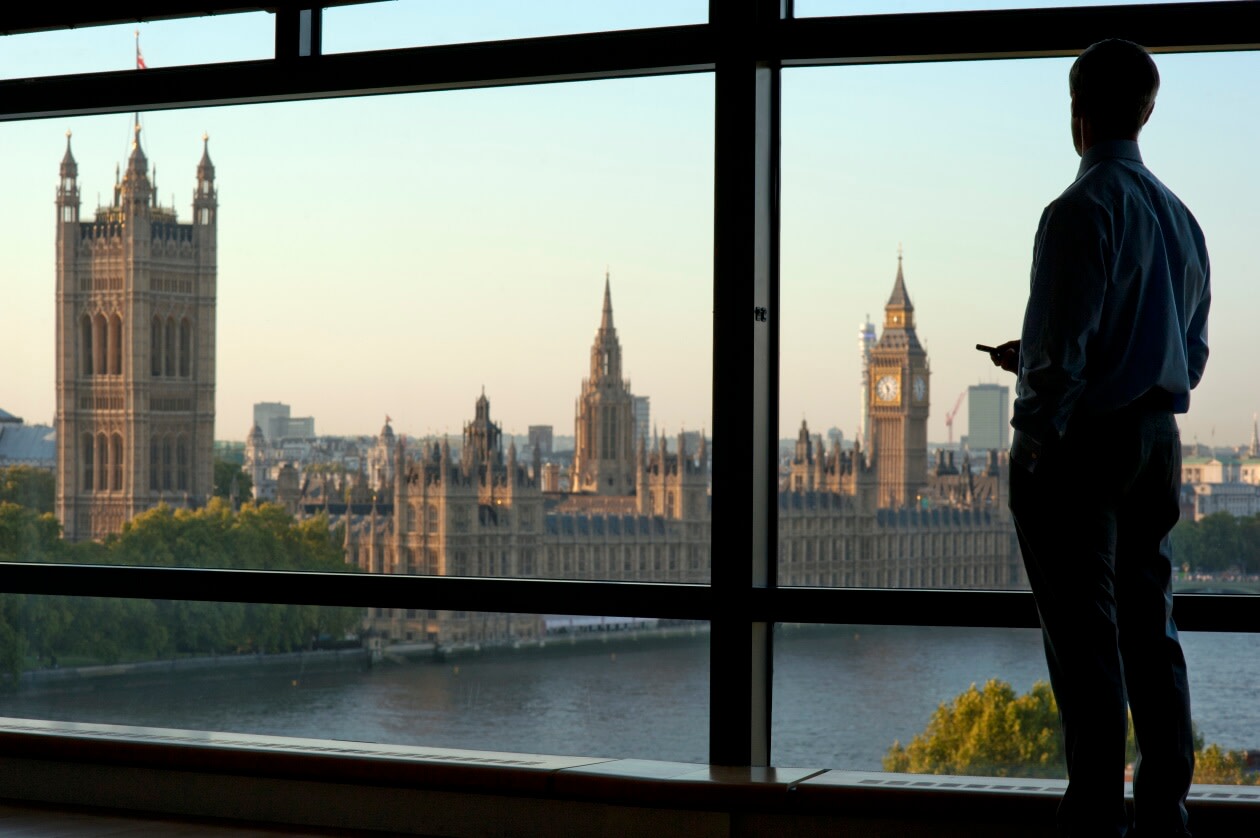UK public trust in government has sunk to a record low while dissatisfaction with the NHS and concerns over poverty are at an all-time high, according to a leading survey that also shows Brexit is widely seen as hitting the economy.
The findings of the latest British Social Attitudes survey, released on Wednesday, point to the depth of the challenge facing the winner of the general election to restore voter confidence in the political system and public services.
Some 45 percent of people would “almost never” trust administrations of any colour to put the national interest before political party interest, the highest share since the question was first asked in 1986, according to the National Centre for Social Research, which ran the survey.
Conducted in September and October last year, the poll found 52 percent of respondents were dissatisfied with the health service — more than double the proportion in 2019 and the highest on record.
Some 73 percent said they believed there was “a great deal” of poverty in Britain, up from 63 percent in 2019 and the highest proportion recorded since 1986 when the question was first asked.
Brexit is also now perceived more negatively: 71 percent of the public think the economy is worse off as a result of the UK leaving the EU, the highest share since the 2016 referendum.
Professor Sir John Curtice, NatCen senior research fellow, said the winner of the election would not only have to revive “Britain’s stuttering economy and its struggling public services” but also “address the concerns of a public that is as doubtful as it has ever been about the trustworthiness and efficacy of the country’s system of government”.
The findings come weeks before Britain chooses a new government on July 4, with the main opposition Labour party about 20 percentage points ahead of the governing Conservatives in opinion polls.
Prime Minister Rishi Sunak sought on Tuesday to close that gap by announcing £17.2bn in tax cuts by 2029-30 as he set out the Tory manifesto. But Labour leader Sir Keir Starmer said the policy document was “a recipe for five more years of chaos”.
NatCen said the 2019-24 parliament had been “one of the most politically turbulent and economically challenging of the postwar period”. It included events such as Liz Truss’s “mini” Budget, which sparked market turmoil in September 2022, and parties in Whitehall during Covid-19 lockdowns.
Some 79 percent of the 5,500 survey respondents said Britain’s current system of governance needed “significant improvement”, a joint record since the question was first asked in 1973.
Some 58 percent said they almost never trusted politicians “to tell the truth when they are in a tight corner”, the highest figure since the 60 percent registered during the 2009 MPs expenses scandal.
NatCen also reported changing attitudes towards Brexit. While about half of people in 2019 said leaving the EU would strengthen “Britain’s ability to be an independent country that makes its own laws”, the latest survey showed that figure had fallen to roughly one quarter.
Despite promises by both main parties to cut legal migration, almost half of those surveyed thought immigration would increase following Brexit, up from only 5 percent and 8 percent in 2017 and 2018, when the question was last asked.
Gillian Prior, NatCen interim chief executive, said the survey results showed the past four years had left people “asking themselves just how well they are being governed”, she added.
This article was written by Valentina Romei from The Financial Times and was legally licensed through the DiveMarketplace by Industry Dive. Please direct all licensing questions to legal@industrydive.com.

